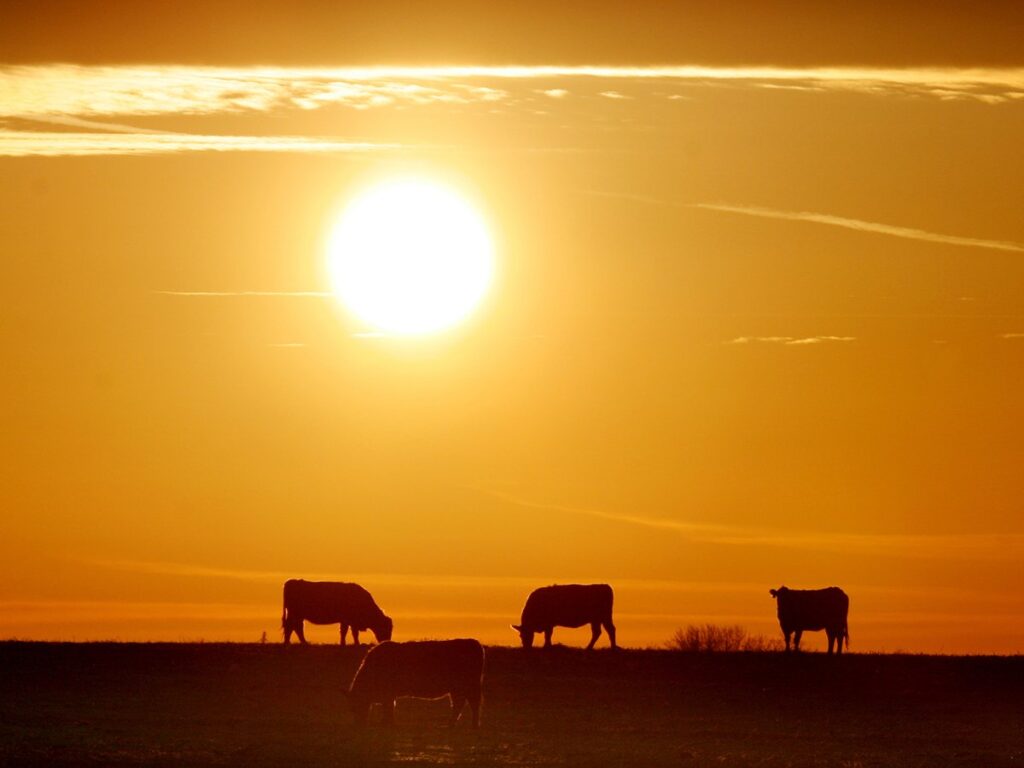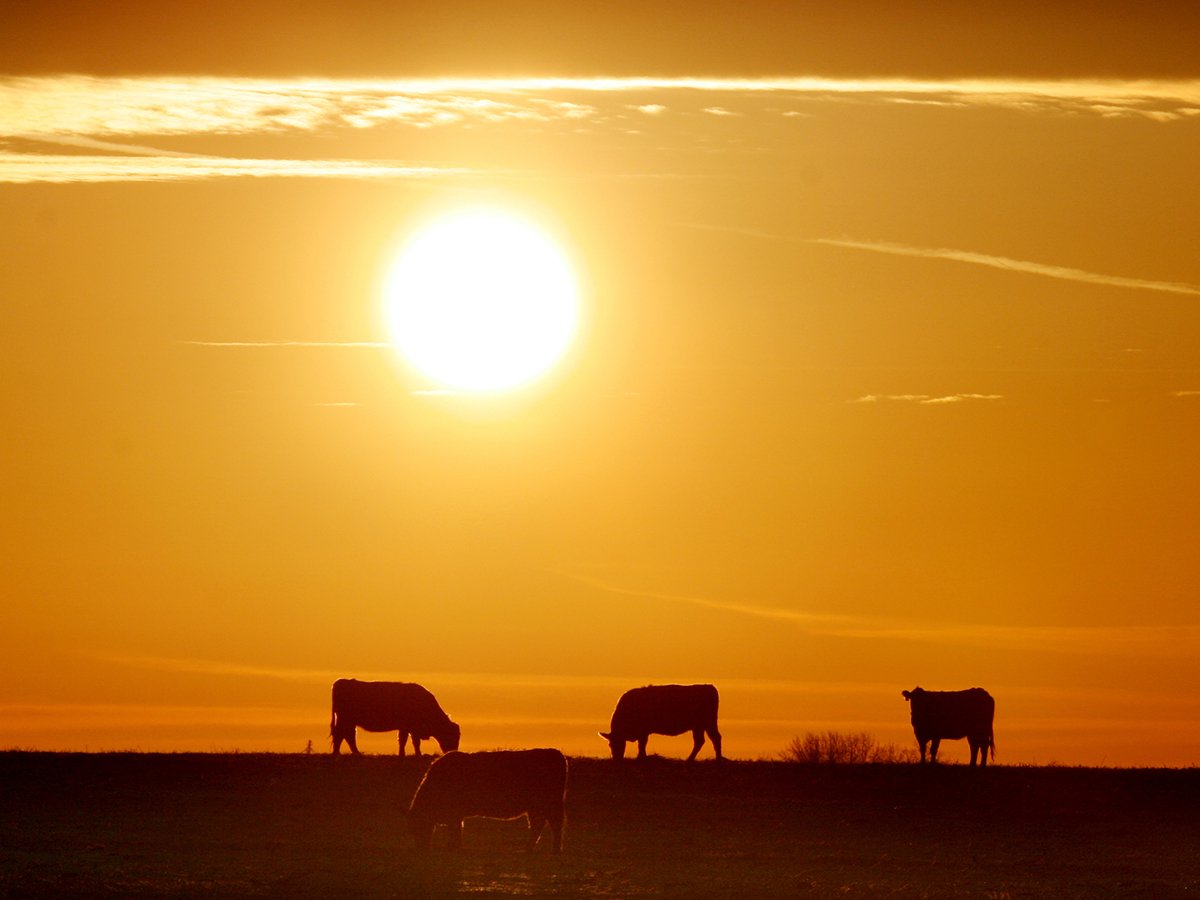Letters to the editor – May 8, 2025

Protecting watershed is not eco-terrorism
I am a regular participant, along with several other local constituents, who peacefully protest at the lights in Claresholm, Alta. We are against the destruction of our Rocky Mountains shouldered by the eastern slopes — Alberta’s primary watershed.
A continual battle has waged between the government elected to serve all citizens, and the majority of Albertans.
Read Also


Opening pathways to profitable Prairie farming and improved sustainability
Governments, farm organizations, food manufacturers, and researchers have described a seemingly impenetrable wall to productive discussions on sustainability in Prairie agriculture.
We, as the majority, do not want any coal mining, no matter how it is couched, in our priceless watershed. This isn’t about right versus left; it is about right vs. wrong.
The government to this point has been deaf to the scientific, verifiable, nightmare-like outcomes of coal mining we have provided to them through innumerable letters and phone calls.
Our view scapes will be destroyed and will be irreclaimable. The bio-diversity of our wilderness will be decimated.
Particulates blown in from Elk Valley in British Columbia have virtually killed Window Mountain Lake in the Castle region as researched and shared in a paper by two senior scientists in Alberta Environment and Protected Areas.
If mining is approved in the eastern slopes, particulates will be much closer to populated areas and undoubtedly transported on our prevailing winds.
It is a given that our water will be contaminated.
Despite hollow promises by energy minister Brian Jean to bring protections for water and environment to the highest on the planet, it is an impossibility for coal mining development.
When water monitoring indicates contamination by some 45 pollutants, specifically selenium, it’s too late to mitigate. It’s like closing the barn door after the horse is out. Bluntly, by suggesting controlling this contamination is possible is an insult to Albertans’ intelligence.
Downstream, impact of water pollution on agri-business to irrigation, feedlots and food processing has the potential to impact thousands of jobs and put a $14 billion per year industry at risk.
Perhaps our efforts have been tacitly affirmed by our MLA, Chelsae Petrovic. Recently, in the legislature, she accused folks like us of being eco-terrorists. Do tell.
Why does wanting clean drinking water and air make us eco-terrorists, yet proposing to destroy our water and air with chemical warfare doesn’t make a coal company and our government eco-terrorists?
This is not about politics. This is about our health, sustainability and economic survival.
Jacqueline L. Chalmers,
Claresholm, Alta.
‘Tariff dodgeball’ has hurt farmers
I am writing in response to the article, Canadian farmers unscathed from “tariff dodgeball” in the April 10 issue.
While I appreciate the initial positive outlook, I believe the premise that Canadian farmers have emerged largely unscathed from the recent U.S. tariff announcements warrants closer scrutiny.
The article itself provides several points that suggest potential vulnerabilities and the need for proactive measures, indicating that Canadian farmers are not simply untouched by these developments.
First, the author acknowledges that the magnitude of the U.S. tariffs has raised the real possibility of a global recession in the second half of the year.
While it is mentioned that agricultural products don’t usually see a drop in demand during recessions, a global economic slowdown could still indirectly impact the sector through various channels, including reduced demand for biofuel, which links vegetable oil prices to economic growth.
Additionally, rising costs of farm inputs due to trade and tariff uncertainty have further compounded challenges for producers, forcing farmers to absorb these expenses or defer upgrading technology and equipment while grappling with unstable markets.
These higher input costs — exacerbated by supply chain disruptions — create significant headwinds for producers.
Furthermore, the article points out that oilseeds are most vulnerable to tariffs.
The soybean markets were upended by a significant U.S. tariff, and the reaction was similar to the earlier Chinese tariffs on Canadian canola oil and meal, creating a headwind for oilseed markets.
While it’s mentioned that canola prices have partially recovered, the initial losses and ongoing uncertainty indicate a tangible impact on Canadian farmers in the oilseed sector.
Moreover, the article highlights that while grain markets have been stable recently, corn markets are vulnerable to a tariff sell-off.
Although Mexico, a major importer, didn’t face new tariffs on corn, the underlying vulnerability suggests that any future changes could have a negative impact.
The piece also notes that China has imposed import tariffs on Canadian pork. This directly contradicts the idea of being unscathed, as it limits a significant export market for Canadian pork producers.
While the article suggests pursuing other markets like Japan and South Korea, this necessity to adapt and seek alternatives underscores that Canadian farmers are indeed affected by the global tariff landscape.
Finally, the article’s recommendation that Canada should take advantage of U.S. tariffs and remind importers that our wheat is available to replace U.S. wheat sales and that Canadian exporters should pursue additional meat sales in Asia implies that the U.S. tariffs create a competitive opportunity due to the disadvantage they place on U.S. producers. This is not a situation of being unscathed but rather one requiring strategic maneuvering and adaptation to a shifting global trade environment.
In conclusion, while the direct tariffs may not have targeted all sectors of Canadian agriculture, the potential for a global recession, the specific vulnerabilities of the oilseed and pork industries, rising farm input costs and the need for Canadian producers to actively respond to the altered trade landscape suggest that the premise of Canadian farmers being unscathed is an oversimplification of a more complex reality.
Bill Prybylski,
Agricultural Producers Association of Saskatchewan president
Source: producer.com


